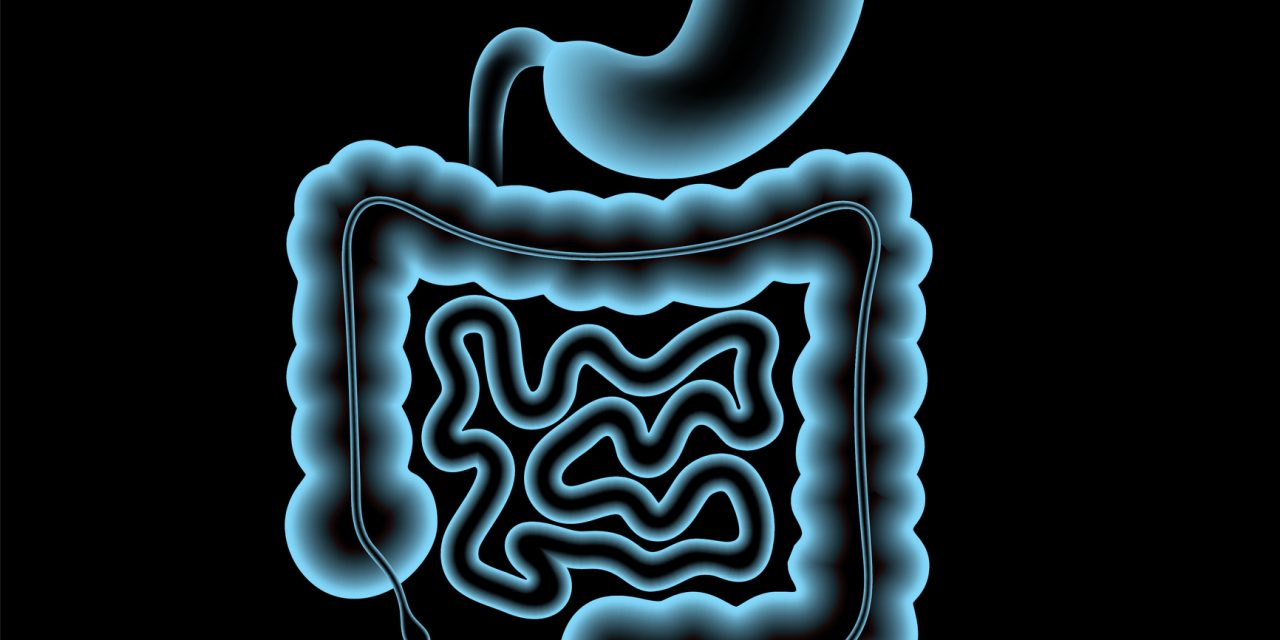There is a need to identify factors outside of abnormal reflux that contribute to gastroesophageal reflux disease (GERD). Esophageal hypervigilance is a psychological process impacting symptom experience in esophageal disease. However, little is known about the presence of hypervigilance in GERD phenotypes, especially in those with abnormal acid exposure or symptom index scores. The primary aim was to assess differences in self-reported esophageal hypervigilance across different GERD presentations. The secondary aim was to evaluate esophageal hypervigilance as a predictor of symptom severity.
We conducted retrospective data analyses on a cohort of adult patients with reflux symptoms that underwent 96-hour wireless pH monitoring from 9/2015 to 9/2017. Patients were stratified into groups based on the number of days they exhibited positive acid exposure time (AET; 0 days, 1-2 days, 3+ days), and symptom index scores (SI; 0 days, 1-day, 2+ days). Esophageal hypervigilance and anxiety, and symptom frequency and severity were assessed between groups.
A total of 123 AET cases and 116 SI cases were included for analysis. Esophageal hypervigilance and anxiety scores did not significantly differ based on the number of days of positive AET (p = 0.311) or SI (p = 0.118). Symptom severity and perceived symptom frequency differed between groups. Hypervigilance significantly predicted symptom severity, when controlling for symptom-specific anxiety.
Esophageal hypervigilance is persistent across patients with reflux, irrespective of acid burden and symptom index, and significantly predicts symptom severity. Hypervigilance should be considered as an independent factor contributing to esophageal symptom perception.
© 2021 John Wiley & Sons Ltd.
Esophageal hypervigilance is prevalent across gastroesophageal reflux disease presentations.


